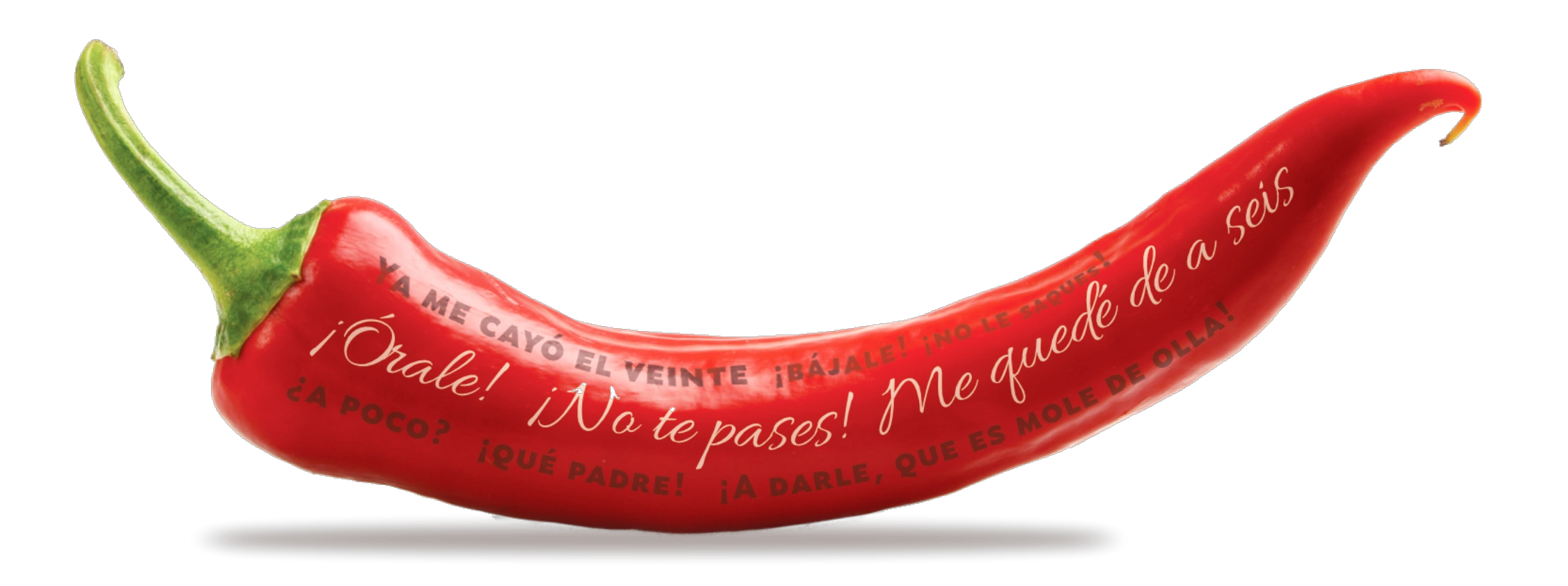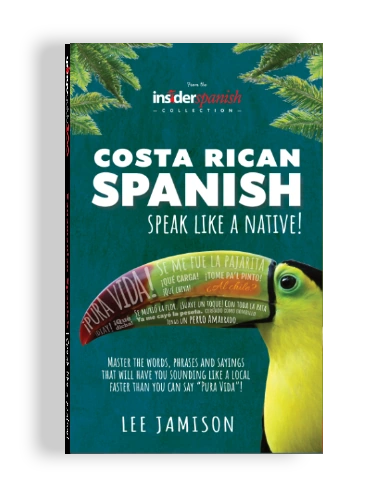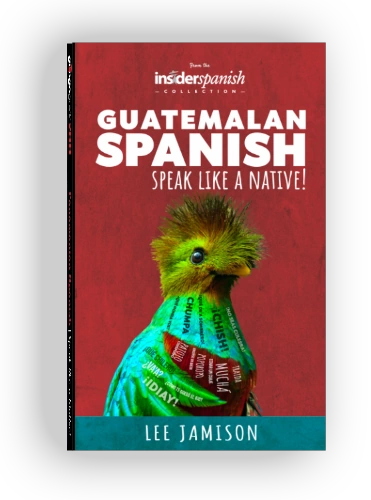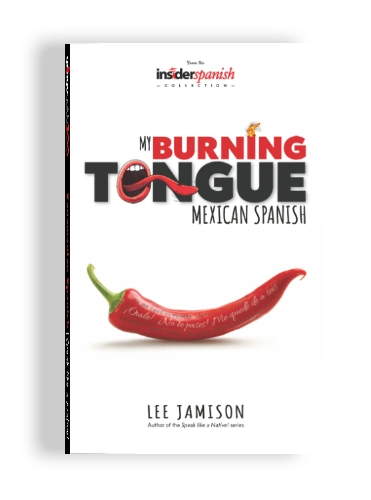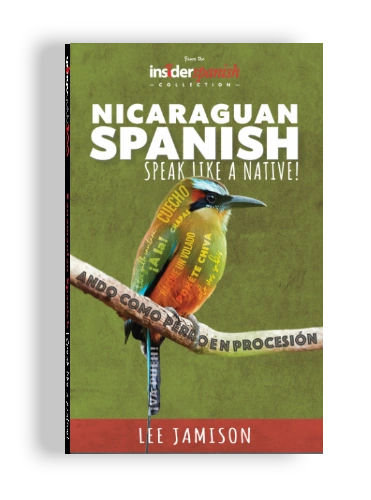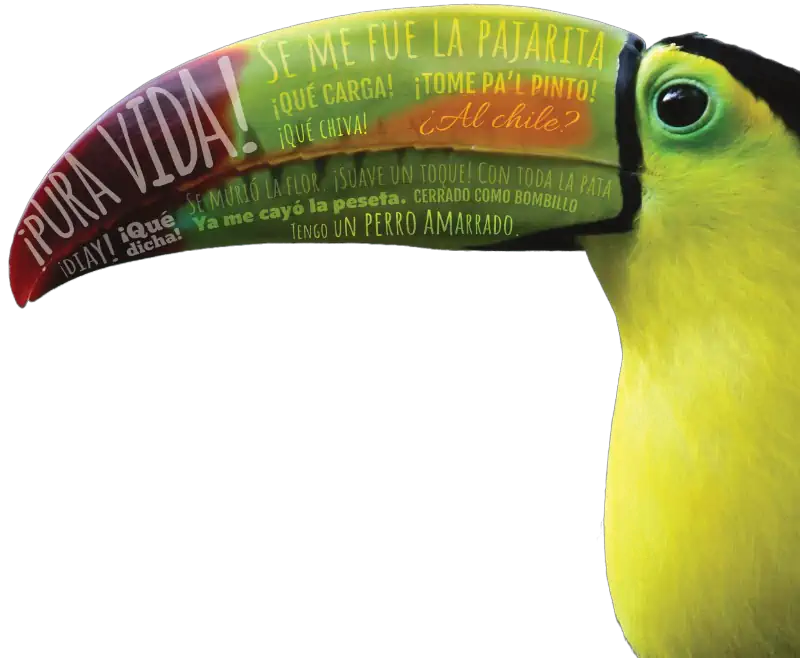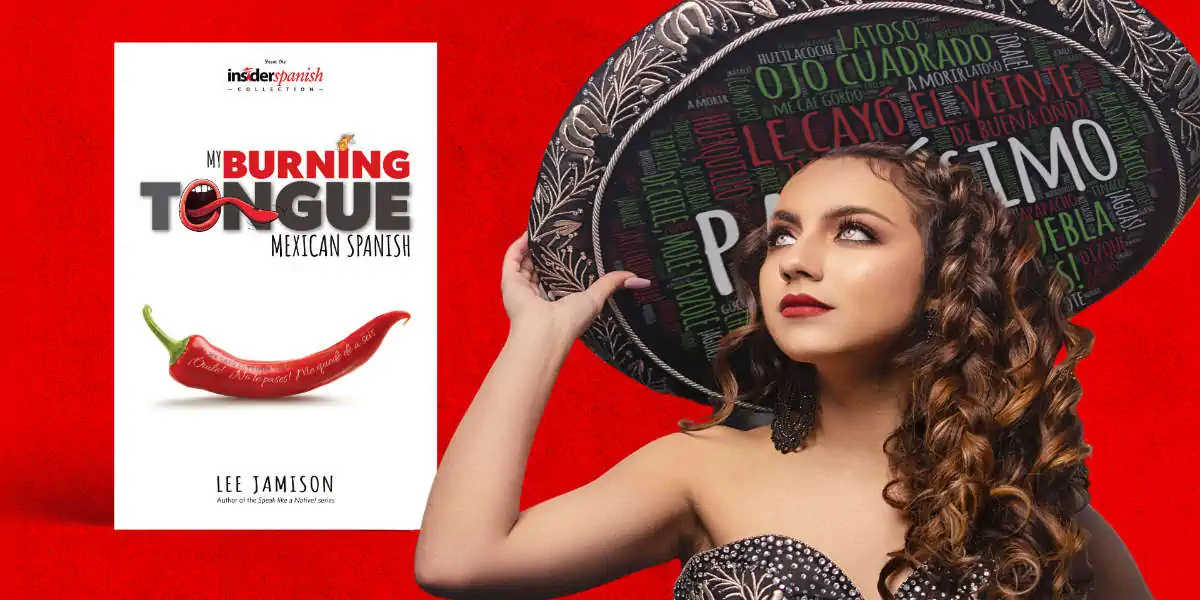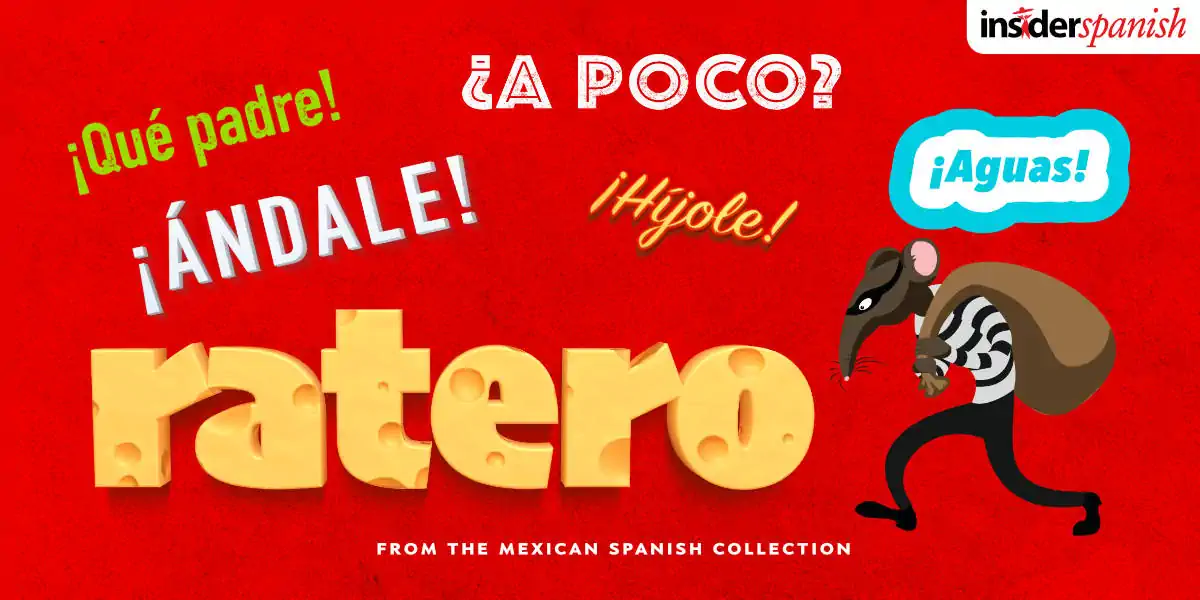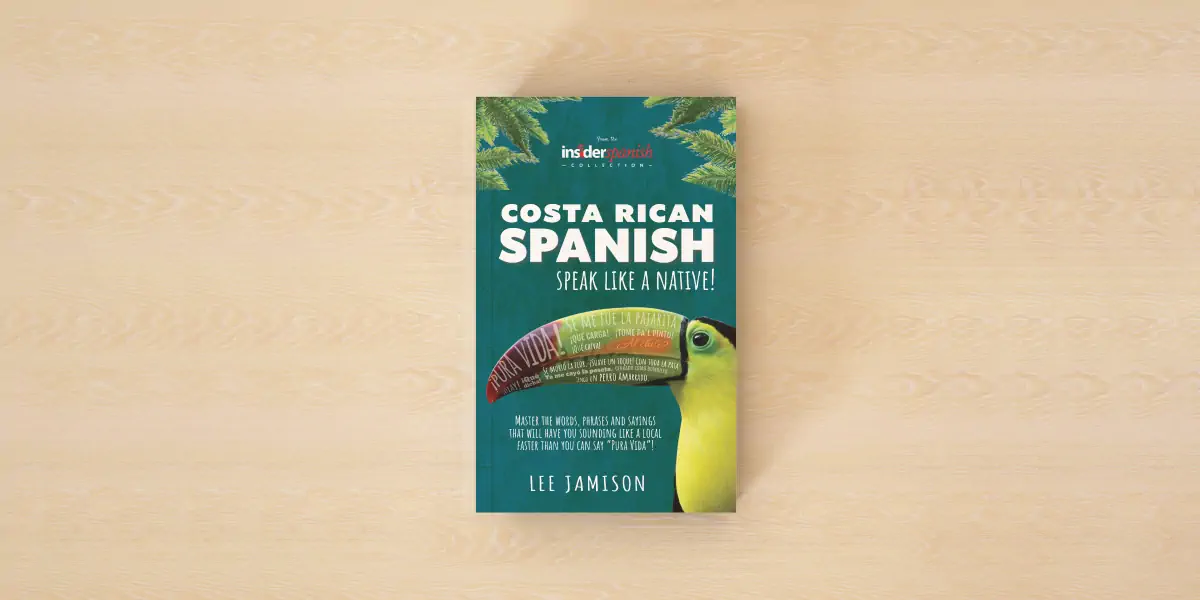Insider Spanish: Your guide to country-specific Spanish
Our guides to Spanish are not meant to teach you basic vocabulary. Rather, we highlight the most common local words, idioms, and sayings that are spoken almost exclusively within the country you are visiting—all explained in plain English with examples and clear translations. Click on the links on the menu or read some of the latest posts below. If you do, we're confident that in short order you'll be feeling like an insider.

